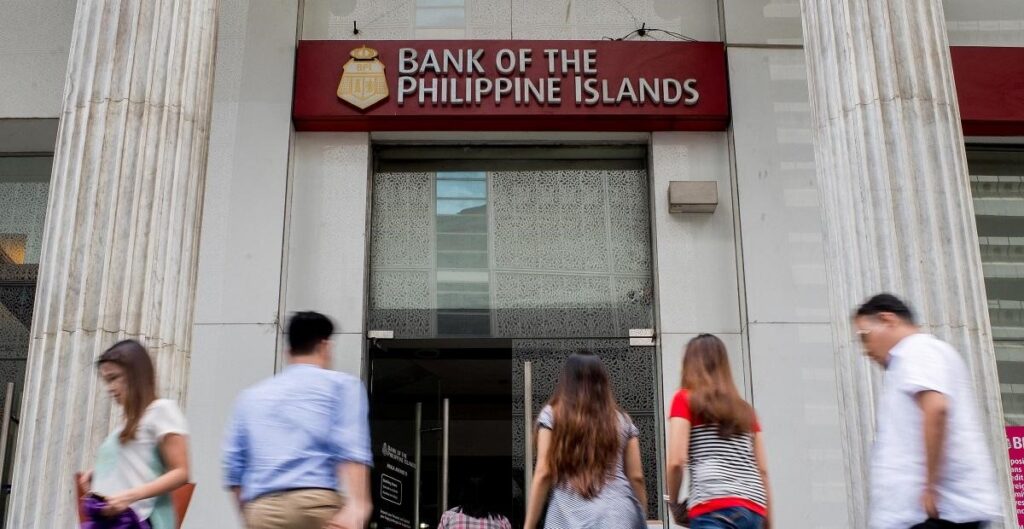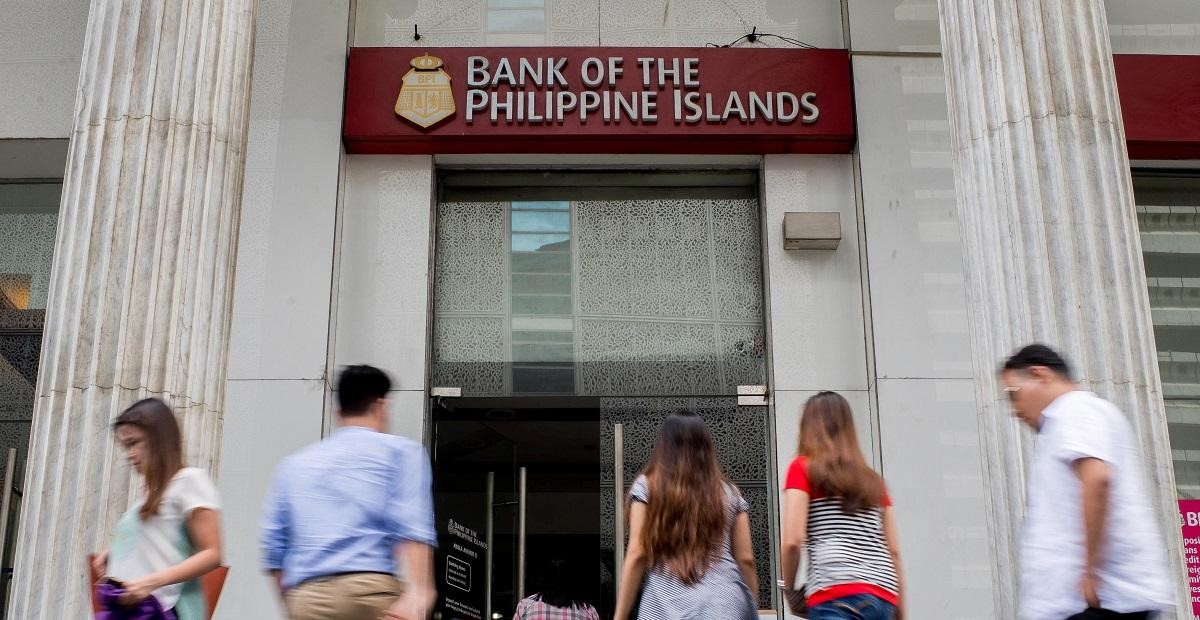After a solid third quarter, the earnings of the Bank of the Philippine Islands (BPI) increased from P30.5 billion in the previous year to P38.6 billion (an increase of a little over 26%) from January to September this year.

IMAGE CREDIT: www.bpi.com.ph
BPI Chief Financial Officer Eric Luchangco said that the bank’s nine-month net income reached a record high because of steady margin and loan growth as well as restrained provision.
“Sustained loan and margin growth, as well as tempered provisions, were the main drivers of the strong financial performance,” Luchangco said in a press statement.
Due to increasing net interest income and non-interest income, BPI’s profit for the third quarter alone increased by 33.3 percent to a record P13.5 billion from P10.1 billion in the same quarter the previous year.
According to Luchangco, the 172-year-old bank had its greatest quarterly net profits in the previous ten years during the third quarter of this year.
He claimed that during these nine months, total revenues increased by 15.3 percent to P100.9 billion from P87.5 billion a year earlier, driven by a 24.5 percent increase in net interest income to P76.8 billion from P61.6 billion thanks to a wider interest margin and a larger asset base.
Due to the gain on the sale of properties that were recorded last year, the Ayala-led bank reported a 6.6 percent fall in non-interest revenue to P24.1 billion from January to September of this year.
Luchangco said that after accounting for the effect of this one-time transaction, the 172-year-old bank’s non-interest income would have climbed by 15.7 percent, or P3.3 billion, due to greater fees from credit cards, bancassurance, different service charges, and trading gains.
Operating costs for the listed bank increased by 21.3 percent to P48.6 billion from P40.1 billion as a result of higher spending on marketing, technology, and human resources.
Despite a minor increase in the non-performing loan ratio from 1.94 percent to 1.97 percent over nine months, provisions for probable loan losses decreased by 60 percent to P30 billion from P7.5 billion last year.
Luchangco reported that its loan book increased by 8.8 percent to P1.7 trillion at the end of September from P1.6 trillion at the same time the previous year, driven by increases of 5.3 percent in business loans, 22.3 percent in vehicle loans, and 37.7 percent in credit card receivables.
He continued by saying that the deposit base increased from P2 trillion to P2.2 trillion, up 6.7%.
Asset base growth for BPI was 7.2 percent, reaching P2.7 trillion, while equity growth was 11.5 percent, reaching P349.6 billion.
This resulted in common equity tier 1 ratios of 16.1% and 17%, respectively, which are both much higher than the limit set by the Bangko Sentral ng Pilipinas (BSP).
The bank’s return on equity improved to 15.6 percent from 13.73 percent in the course of these nine months, while its return on assets increased to 1.95 percent from 1.66 percent.
BPI is awaiting the required regulatory permissions for its intended merger with Robinsons Bank Corp., which is owned by Gokongwei.








